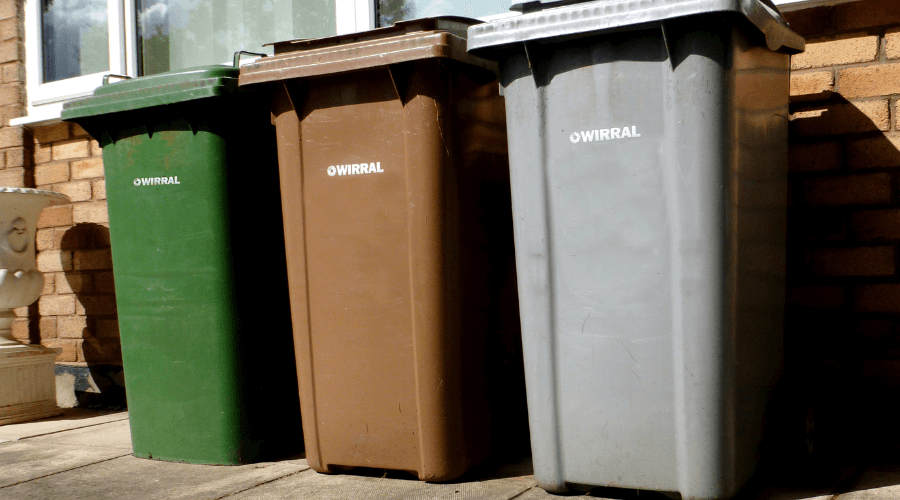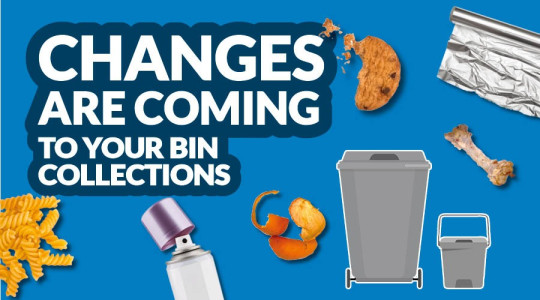New waste strategy to be considered by committee
Wirral Council is moving forward with a comprehensive plan to develop and improve how it manages its waste and street cleansing services in order to respond to changes in national legislation and meet local and regional objectives.
At the next meeting of the Environment, Climate Emergency and Transport Committee, members will consider an update on the council’s new five-year Waste and Street Cleansing Strategy – entitled ‘Rethinking Waste: Reduce, Reuse, Recycle, Recover 2025-2030’.
Members will be asked to approve the strategy and request that officers move forward with developing a detailed delivery plan for its implementation.
One of the national drivers behind the need for a modernised approach to waste management is the requirement for councils to introduce weekly food waste collections from April 2026.
Work has already been progressing to get the authority ready to carry out food waste collections next year. As a member of the Liverpool City Region Waste & Resources Partnership, Wirral Council has been working in collaboration with the Merseyside Recycling Waste Authority (MRWA) and other local authorities to prepare for the change.
This approach has enabled each local authority involved in the partnership to benefit from a joint procurement of the necessary equipment and collection vehicles to deliver the service, all of which are now on order ready for the implementation.
Also in readiness for the change, the council has recently agreed a variation to its contract with Biffa to enable them to carry out the collections in Wirral until that contract expires in August 2027.
The strategy will also act as Wirral’s local approach to meeting the requirements of the Liverpool City Region Zero Waste Strategy 2040. Also developed in partnership with the MRWA and the other five city region authorities, this strategy commits to reducing overall waste and reliance on single-use items, promoting the reuse of items through community networks and repair initiatives and recycling a wider range of materials at the kerbside.
Through a redesign of household waste collection, community partnerships and a behaviour change programme, the strategy will reduce overall waste, increase recycling, and support reuse and repair. It also supports Wirral’s Climate Emergency goal to become a net zero Council by 2030, and borough-wide by 2041, by tackling both operational emissions and those from discarded goods.
The borough’s low recycling performance (32.4% in 2023/24) and high levels of residual waste per household will be addressed by the new approach. Composition audits show that more than 60% of what is currently placed in the residual (green) bin could already be recycled, and 39% of this is food waste.




